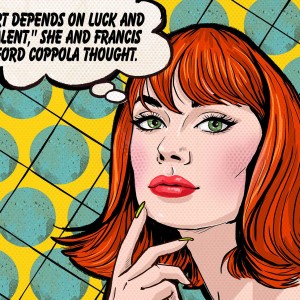Last month we started sharing some first-hand experiences of women in film and some statistics backing up the claim that there is gender inequality in film. Think of the following as our loaded gun…
Would you say that to your mother/sister/daughter/wife?
Gender inequality in film is largely realized through everyday interactions. Oftentimes, women in the entertainment industry are met with casual to outright hostility visa ví mannerisms and speech. Whether by thought or sound, these behaviors create an environment where success is difficult. It ranges from being pigeonholed as “pretty to look at,” to being told their bodies are, to receiving “Indecent Proposals.” From Sh*t People Say to Women Directors:
“It squashes the comedy flow in the room because you’re too hot to be a total pig in front of.”
Me: So, what’s next after this project?
Male Producer: I think we should f*ck.
Me: No.
Sexuality is a major vehicle of gender inequality in film. The New York Film Academy reports that in the top 500 films over the last six years, 26.2% of actresses get partially naked (as opposed to 9.4% of men). In that same time period, the percentage of teenage girls depicted with some nudity increased 32.5%. With an ever-increased focus on sexuality and hyper-sexuality in Hollywood, women are judged on societal beauty norms first, rather than any other litmus.
The Name Game
Names hold power, as the old adage goes. Deliberately or casually, there’s an undercurrent of malice in the act of erasing women’s actual identities. When an assumption about a woman’s role is made, that’s where you begin to see the root of the problem. Hundreds of women in Hollywood have shared their experiences anonymously and in person:
According to a 2014 study by the Geena Davis Institute on Gender in Media, in 120 films made worldwide from 2010 to 2013, only 31% of named characters were female.
This demonstrates that women are literally background imagery or noise in most films, which is just another way gender inequality manifests itself in film.
Stereotypes in Stereo
In the minds of many, a woman either fits the “traditional” mold or she’s “a raging feminist”. In the minds of many, there is no “in between”. (Note: For the purpose of this blog, “a raging feminist” is a good thing.) Once that assumption is shattered, though, opposition falls into a stereotypical response.
“I wish you wouldn’t wear heels. I don’t like you being taller than me.”
A survey of movie buyers and sellers conducted by the Female Filmmaker’s Initiative found that 12% of the participants questioned the competence of female directors.
To Assume Makes an Ass Out of U & Me
The Female Filmmaker’s Initiative survey of movie buyers and sellers found that 44% perceived that women make films for a “subset and/or less significant portion of the marketplace.” The findings go on: “One explanation for this difference is the tendency to ‘think director, think male.’”
The End? Not Really.
This is usually the part of the Hollywood story where things get wrapped up in a tidy, pretty bow. But that’s not this story. This story is To Be Continued in the truest sense of the word. But, as always, here’s some advice: keep working, keep creating, keep observing, keep thinking, and keep sharing. You might be facing rampant gender inequality in film right now, but change is coming; it’s up to us to decide how quickly it’s ushered into the room.
Missed Part 1? Read it here: Women In The Film Industry: Shove, Don’t Lean (Part 1)

 Share On Facebook
Share On Facebook Tweet It
Tweet It





